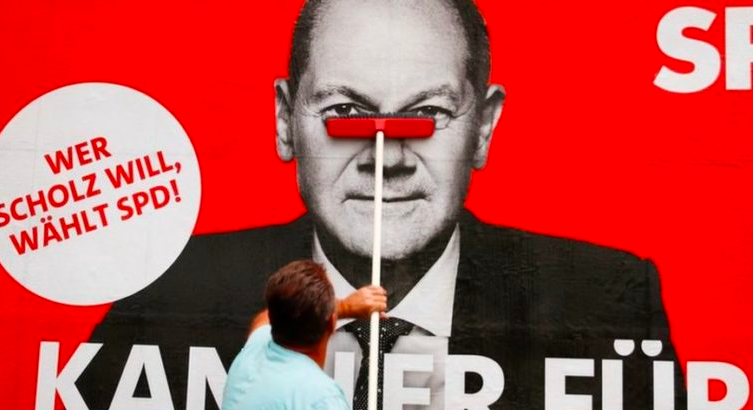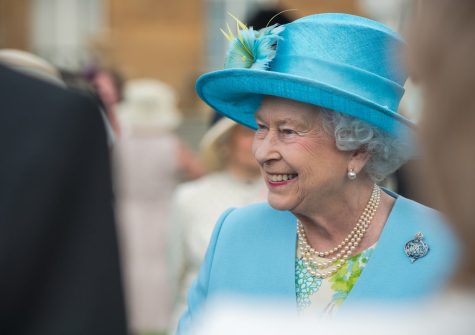The Race for the Bundestag
German election spells out a more Socialist future for Europe
On September 26, after 16 years of conservative government, elections were held in Germany to elect a new chancellor and form a new Bundestag or parliament. Angela Merkel will voluntarily step down from her current position of Chancellor to allow a new generation of politicians to control the government of Germany. The leading parties in the preliminary elections were the center-left Social Democrats (SPD), with 25.7 percent, who narrowly beat the Christian Democratic and Christian Social Unions (CDU/CSU), who scored 24.1 percent of the population. The CDU, which had been in coalition with Merkel, had its lowest ever election results. Olaf Scholz, the representative of the Social Democratic party, and previously the Vice-Chancellor to Merkel, is vying for the chancellorship.
The SPD won the preliminary elections and must now successfully form a coalition with another party to be able to elect a new chancellor. Scholz, who has proclaimed himself a socialist, navigated the German government while previously serving as the German Vice-Chancellor and Finance Minister. Armin Laschet, the leader of the CDU set to replace Merkel as Chancellor, has received calls to resign after several gaffs on the campaign trail landed the CDU with election results lower than ever before, allowing the socialist SPD party to take the lead. If elected, Scholz will bring a liberal government to Germany, and will help to bring more support to the SPD, which has been losing voters to competing parties for years.












